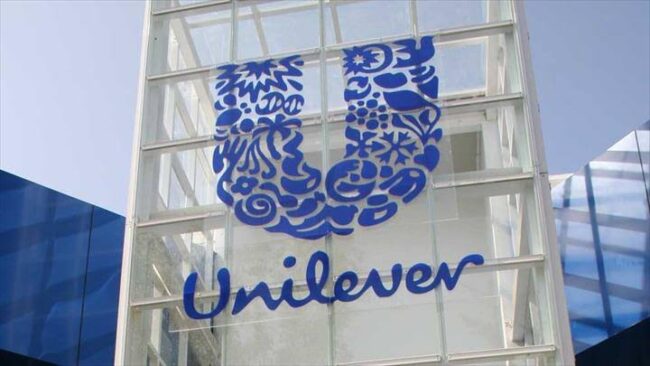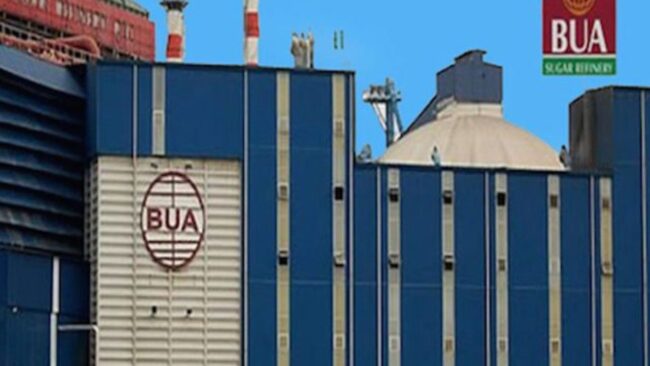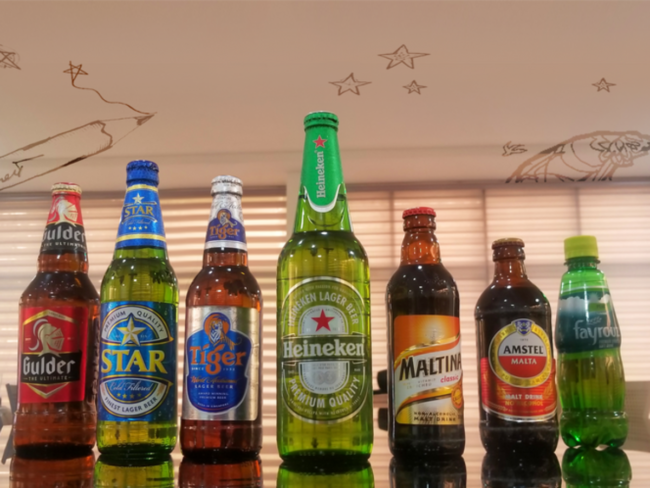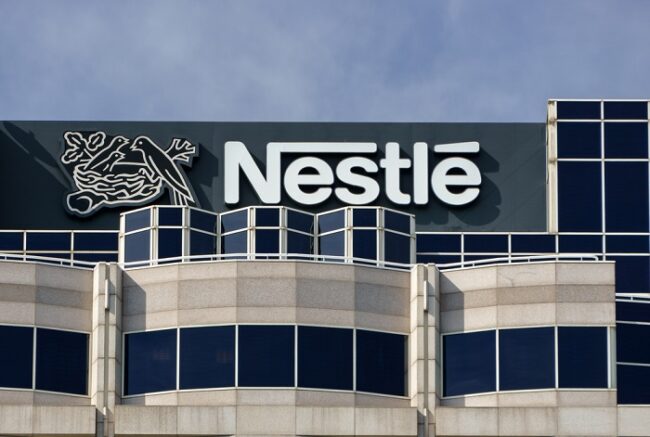Dangote Sugar Refinery suffered a big blow from an exchange loss of N1.3 billion during its half year operations ended June 2020. The loss constitutes the bulk of its net finance cost of almost N1.5 billion at the end of the period. This is an upsurge from net finance cost of only N82 million in the same period in 2019.
The exchange loss is one of the two major cost increases that undermined the company’s ability to grow profit with revenue at the end of half year. The other is cost of sales, which consumed more than the net increase in sales revenue during the period. Input cost grew ahead of sales revenue at 39 percent compared to 28 percent year-on-year.
Management devoted 80 kobo of every naira of sales revenue to cost of sales at half year, rising from below 74 kobo in the same period last year. This posed a hindrance to the company in converting sales revenue into profit.
Cost of sales amounted to N82.4 billion at the end of June 2020, which encroached on gross profit, leading to a marginal decline of gross profit to less than N21 billion. This means all the N23 billion net increase in sales revenue during the period was insufficient to meet the increase in cost of sales.
Advertisement
An outstanding growth in other income plus a decline in selling and distribution expenses helped the company to make up for the decline in gross profit. Operating profit therefore closed flat at N17.4 billion for the period.
The sugar refining company closed the first half of the 2020 financial year with a turnover of over N103 billion. This is an increase of 28.4 percent or N23 billion year-on-year – the highest revenue growth rate since 2017.The company’s revenue comes from sales of refined sugar and molasses as well as some freight income.
Rising costs undermined profit capacity and management struggled to defend profit. It was able to extract just a 5 percent improvement in after tax profit from the over 28 percent growth in sales during the same period.
Advertisement
A further constraint on profit performance came from investment income, which dropped by close to 50 percent to N308 million over the review period. The company is losing investment income for the third straight year after it dropped by close to 76 percent at the end of 2019.
The strength for the moderate improvement in profit came from somewhat of a windfall from fair value adjustment. The adjustment shifted position from a loss of N343 million in the first half of 2019 to a gain of N824 million at the end of June 2020.
This moderated the impacts of both the cost increases and the drop in investment income and enabled management to defend pre-tax profit – which closed flat at N17 billion for the first half of the financial year.
The company has not been able to rebuild its sales revenue after a drop to a four-year low at the end of 2018. An improvement of 7 percent in 2019 still left turnover down from the 2017 high last year.
Advertisement
The gain in momentum in sales seen at half year leaves good prospects for the company closing in the region of the previous revenue peak at the end of the current financial year.
The company’s peak sales revenue is the over N204 billion it posted at the end of 2017. Its profit peaked in the same year at close to N40 billion but the strength to match the profit record is nowhere to be found so far this year. This is explained by rising costs – which are hindering the company from building profit along with sales revenue.
The rising of costs ahead of revenue and the resulting squeezing of margins are the summary of the company’s earnings story at the end of half year.Profit margin is down to the lowest level in four years at 11 percent at the end of June 2020.
There is continued decline in profit margin from 19.5 percent in 2017 to 14.6 percent in 2018 and further down to 13.9 percent at the end of 2019.
Advertisement
Dangote Sugar closed the half year operations for the current financial year with after tax profit of N11.6 billion, an improvement of 5.5 percent year-on-year. At the end of 2019, it also managed to keep profit from dropping with a marginal increase of 1.7 percent to N22 billion. A drop of about 10 percent in tax expenses provided room for the moderate improvement in after tax profit.
The company built earnings per share of 97 kobo at the end of June 2020, which is an improvement from 92 kobo per share in the first half of 2019. It closed last year with earnings per share of N1.87.It gave out a cash dividend of N1.10 per share to shareholders for the year.
Advertisement






